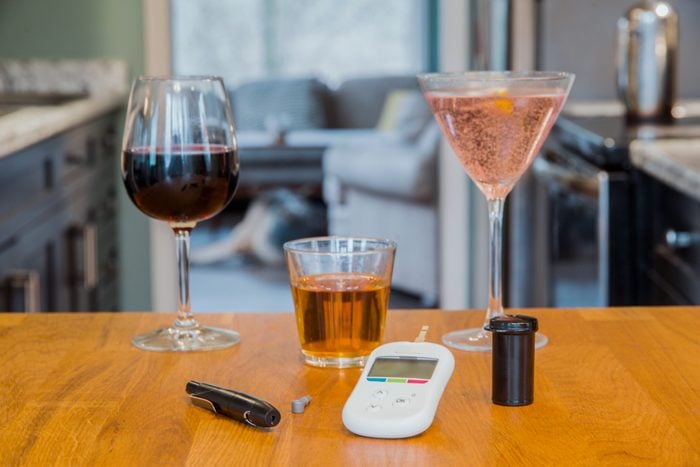
Alcohol and diabetes
To stay healthy when you have diabetes, you have to be smart about what you eat and how you move. Regular exercise, a healthy diet, and good lifestyle choices are all part of keeping your diabetes in check. If you decide to drink alcohol and diabetes is part of your life, then here are some important things to keep in mind.
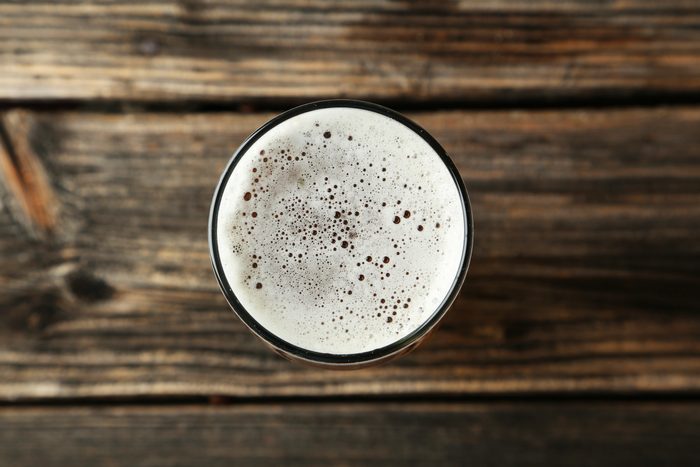
Have only one glass of wine or one beer
“Be careful with using mixers that contain sugar,” says Sarah Solly, RD, diabetes program coordinator of the Global Diabetes Program, at Parkland Health & Hospital System in Dallas. “Try to use club soda or diet drinks to mix with liquor to avoid spikes in blood sugar.” And keep your alcohol consumption to one drink or fewer per day. More than that may raise your risk for cardiovascular disease. A study of more than 17,000 adults, published in 2019 in Journal of the American College of Cardiology, showed that moderate drinking—seven to 13 drinks per week—raises the risk of high blood pressure.
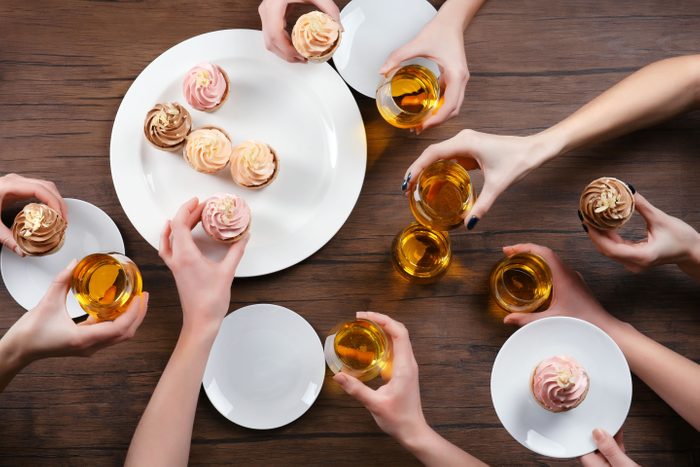
Role-play difficult situations
“If you dread being asked about why you won’t eat cake or drink alcohol, you feel like you can’t ask the doctor the questions you want answered, or you have an overbearing family member you don’t know how to confront, practice how you’ll handle the situation next time with a close friend or a counselor playing the other part,” suggests Donna Stevens, a certified diabetes educator and lead nurse practitioner on the Inpatient Glycemic Management team at The University of Alabama at Birmingham. This way you can fine-tune your approach before you have to use it.
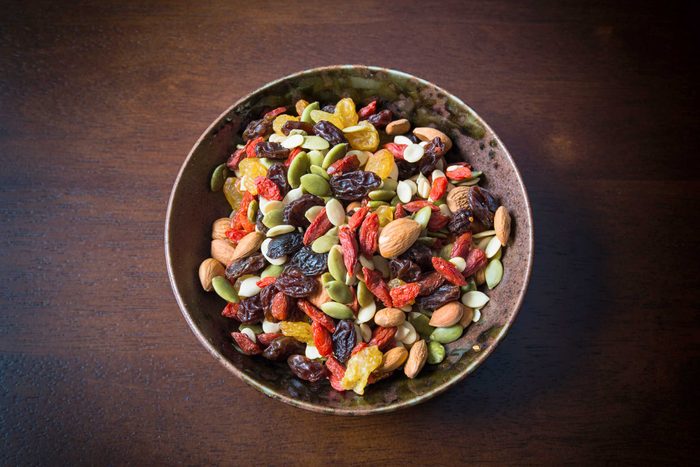
If you’ve had a beer, have a healthy snack, too
With alcohol and diabetes, if you’ve enjoyed a glass of wine or beer—even just one—in the hours leading up to your bedtime, do a quick check of your glucose levels. “If your blood sugar is low, have a small snack if you need one before crawling under the covers,” says Stevens. “Alcohol makes it difficult for your body to recover from low blood sugar; having a bite to eat will moderate its effects.”
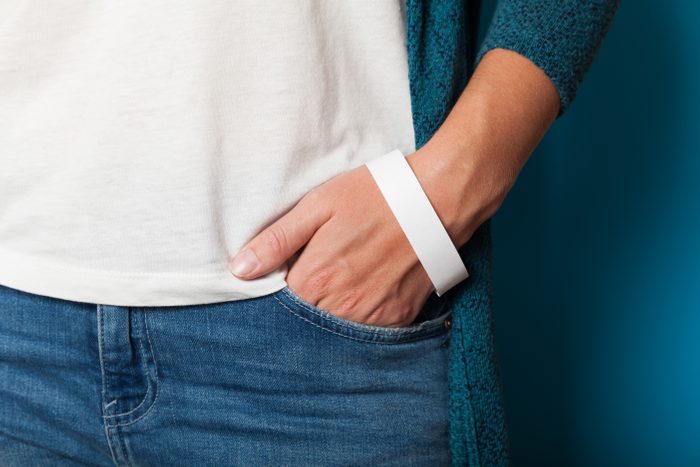
Wear a medical I.D.
If you’re in a setting where people are drinking alcohol—a party or a bar—low blood glucose (hypoglycemia) may be mistaken for being drunk. “The symptoms of too much alcohol and hypoglycemia can be similar,” says Jessica Torres, the American Association of Diabetes Educators’ New Mexico board president. “For example, feeling sleepy, dizzy, and confused. One way to get the help you need is to always wear an I.D. that says ‘I have diabetes.’ ” (Keep these tricks in mind when managing your hypoglycemia.)
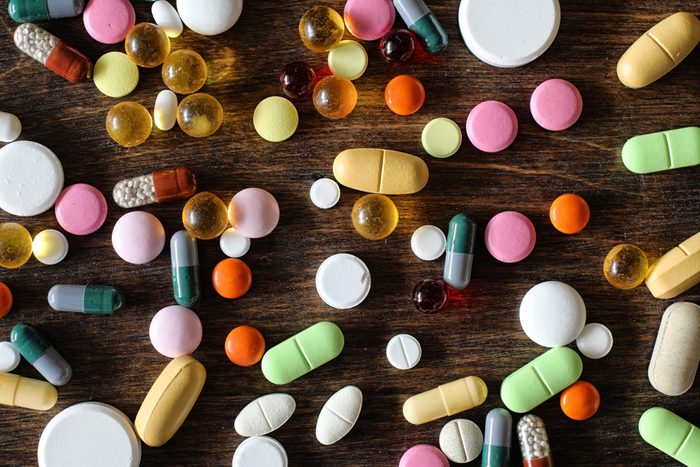
How and when do I take my medications?
In addition to knowing the particulars of how and when to take your medication or insulin—for instance, before or after meals, at night or in the morning, with or without food—find out if you need to avoid alcohol with diabetes. This information will be included with your prescription, but the language can be hard to understand. It doesn’t hurt to ask your health care provider during office visits.
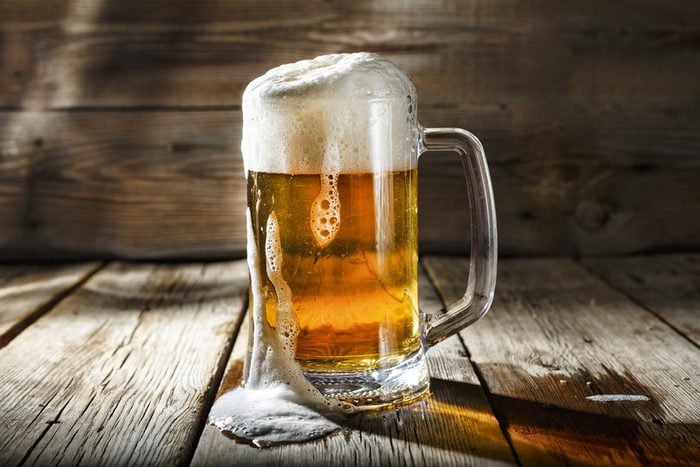
Can I drink alcohol?
If you choose to drink alcohol with diabetes, the general guideline is no more than one drink a day for women and a maximum of two per day for men. Keep in mind, says Torres, that “one drink is equal to a 12-ounce beer, a 5-ounce glass of wine, or 1.5 ounces of distilled spirits like vodka, whiskey, and gin. Watch out for craft beers, which can have twice the alcohol and calories of a light beer, according to the American Diabetes Association. If your doctor has concerns about your kidneys or liver, you may be asked to abstain from alcohol.
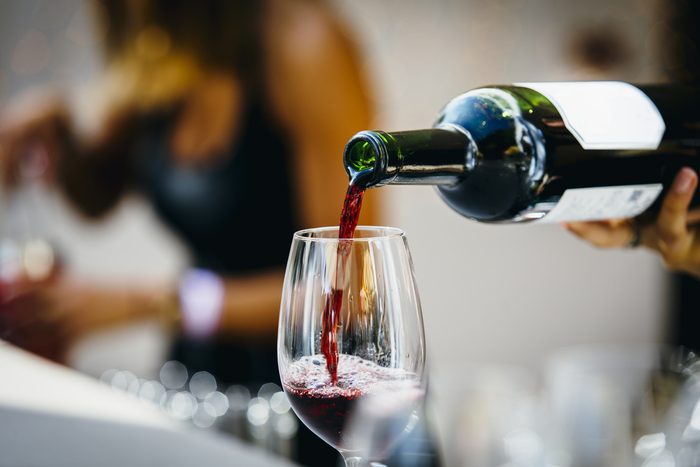
Tips for dining out
Remember with alcohol and diabetes, that it has different effects on people with diabetes than it does on those who don’t have the disease. For instance, it can cause low blood sugar. Follow these guidelines, and a mug of beer or a glass of wine can be part of your dining experience.
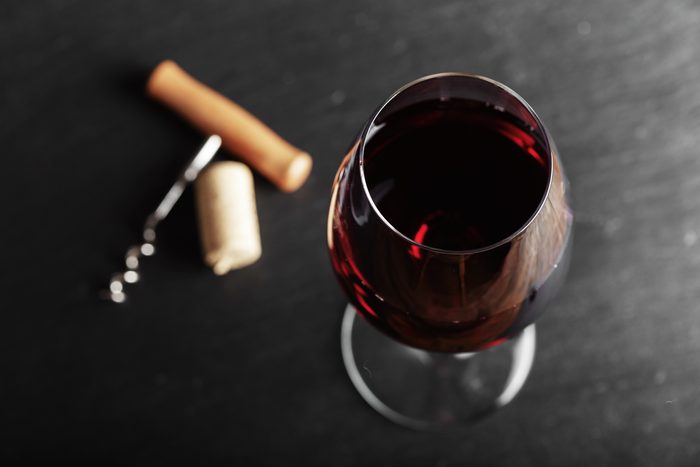
Have a glass of wine or beer only if your blood sugar typically falls within your target range
If you check your blood sugar regularly, experts say that it’s fine for both men and women to order up to two drinks at dinner. But if your levels are erratic, take a pass. “Alcohol can cause hypoglycemia shortly after drinking and for up to 24 hours after drinking,” says Torres. “If you’re going to drink alcohol, you should check your blood glucose more frequently: before drinking, while drinking, before bed and throughout the night, so set alarms.”
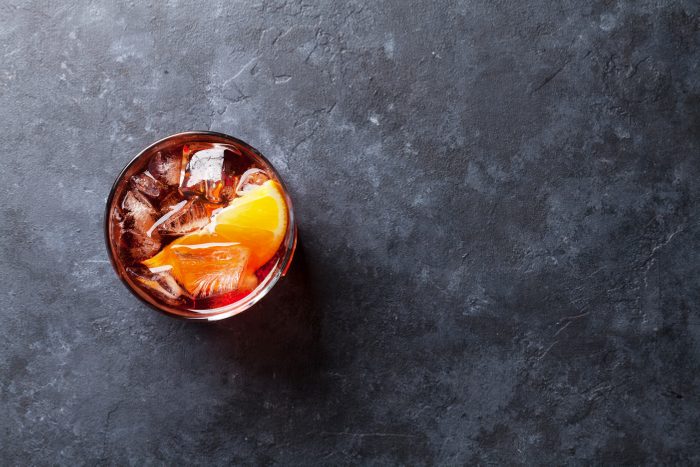
Ask the waiter to serve your cocktail with your meal
Having it before dinner is not a good idea, particularly if you take insulin or other diabetes medications. “Without food in your stomach, your blood sugar levels are likely already low,” says Stevens. “Drink your alcohol with food—or better yet, at the end of the meal—to lessen your chances of developing hypoglycemia.”
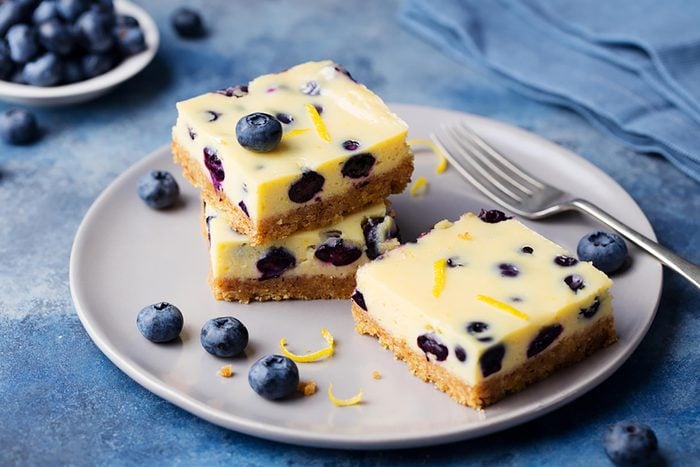
Decide whether you want wine or dessert
With alcohol and diabetes, it’s easy to forget that beverages contain calories. If your blood sugar levels are within a healthy range, it’s fine to indulge in a glass of wine with dinner, but you’ll need to modify your food intake. A 5-ounce glass of wine contains about 120 calories, for example; two glasses contain roughly the same amount of calories as a 2-square-inch brownie. If you’re counting calories, you’ll need to plan ahead and decide whether a drink or a sweet treat is more appealing. If you are on insulin, you can’t substitute alcohol for the carb-filled dessert. Your insulin dose is based on the amount of carbs you eat. Alcohol has calories but you don’t need insulin to cover it.
Next, check out these good eating habits for people with diabetes.
